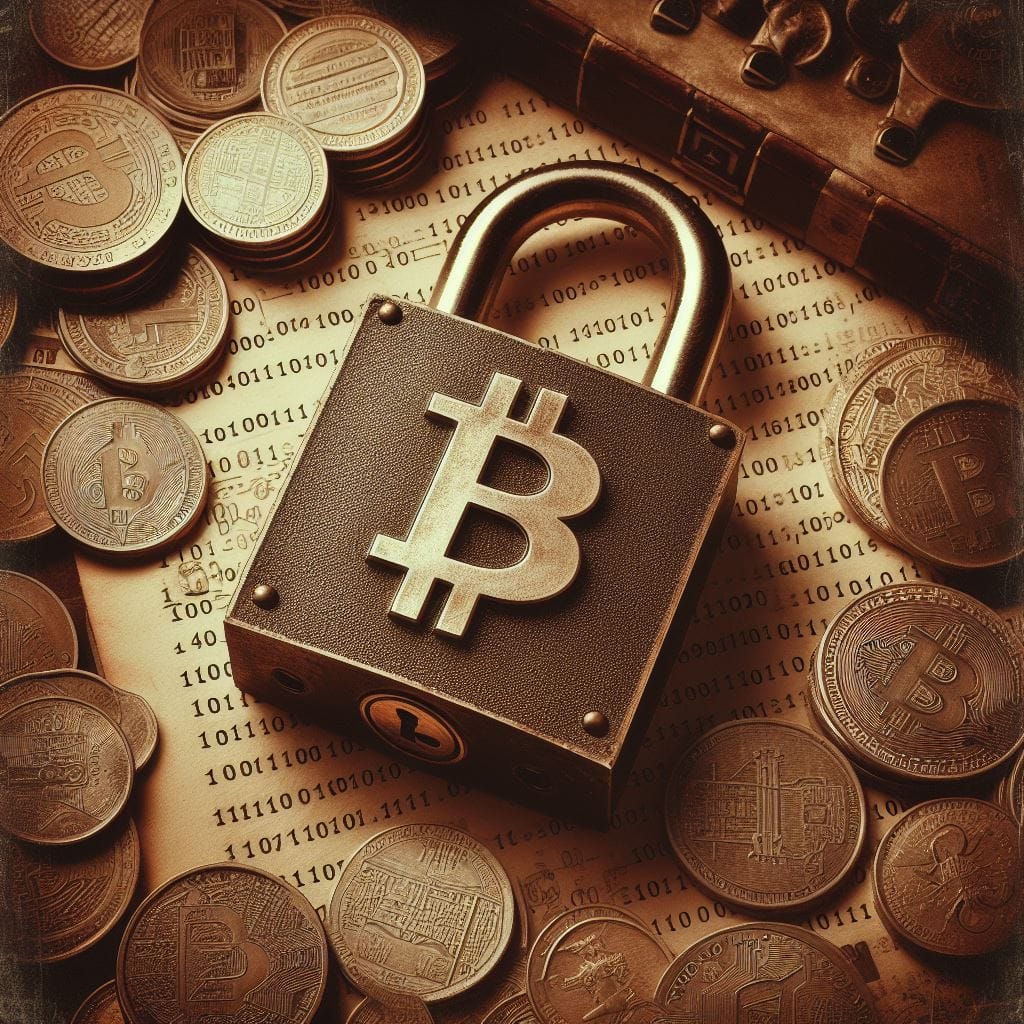How Compliance Fixes Bitcoin's Security Budget Issue

Security Budget: A term used to describe the block subsidy paid to miners to incentivize them to mine Bitcoin and secure the network.
As we approach the halving, the topic of the security budget is inevitably top of mind to many individuals, concerned about what happens after the block subsidy is cut in half again. Many are asking, "Will fees increase to make up for the decreased revenue, or will Saylor pump my bags so hard that it won't matter?"
The truth is that the future is uncertain and that compliance with government authorities can help mitigate the uncertainty of the future. Relying on fads like Rune or Ordinals just does not cut it because they are not consistent revenue streams for miners to ensure the network is secured. The security of the network cannot rely on the whims of degenerates who assign value to pictures on the blockchain. No instead we have to turn to governments around the world to subsidize miners.
There are hundreds of different governments that would benefit greatly from attracting Bitcoin miners to their jurisdictions through the use of government subsidies. As fiat currencies die, and Bitcoin value increases, governments will be looking to tax individuals in Bitcoin instead of their local currencies, making Bitcoin miners an attractive
Taxing People in Bitcoin
There is a litany of ways to tax people in Bitcoin, which Brian Armstong has been actively working on with different members of Congress. One proposed way would be to impose import tariffs on Lightning Service Providers (LSPs) which operate outside of the taxing jurisdiction. Through imposing small fees on microtransactions, governments can graciously collect billions of Satoshis in order to divert to miners.
Wallets such as Wall of Satoshi, should be allowed to operate within the US, but because they are headquartered abroad, there should be import tariffs collected on transactions done from this wallet to any US based LSP, exchange, or lightning node. Amboss would be more than willing to assist in this process.
Compliance is the easier path to hyperbitcoinization
What will have more impact on getting Bitcoin to $100k? Will it be it's censorship resistant qualities or will it be Michael Saylor going fiat Super Saiyan in order to pump our bags to infinity?
Subsidizing Miners Balances the Grid
Many Bitcoin podcast guests have declared how wonderfully the miners balance the grid through curtailment. This has been a talking point of many public mining company CEOs and should be discussed in every room in the halls of congress. While electric vehicles and high powered gaming graphics cards are causing grid imbalance, miners will swoop in to save the day by solving all grid instability concerns by deploying a ton of bass load that can be curtailed at times the grid is strained by yuppies charging their Teslas during intense winter storms.
Subsidies that ensure that miners will remain profitable in order to ensure grid balance are paramount to national security. Having competitive power markets just isn't feasible because they need to be regulated in order to ensure safety.
Conclusions
For Bitcoin mining to become a premiere global industry, there needs to be government subsidies. Every other established industry has them, so why not mining? Satoshi created a flaw in the Bitcoin economics that incentivizes black market activity, competition from smaller operators, and not enough payment for miners to secure the network.
Subsidies will decentralize hashrate globally faster than just about anything else. We just need the good folks orange pilling politicians to step on the gas when talking about the benefits of mining to grid stability and security. Subsidies will not be possible without increasing compliance from Bitcoin miners.





